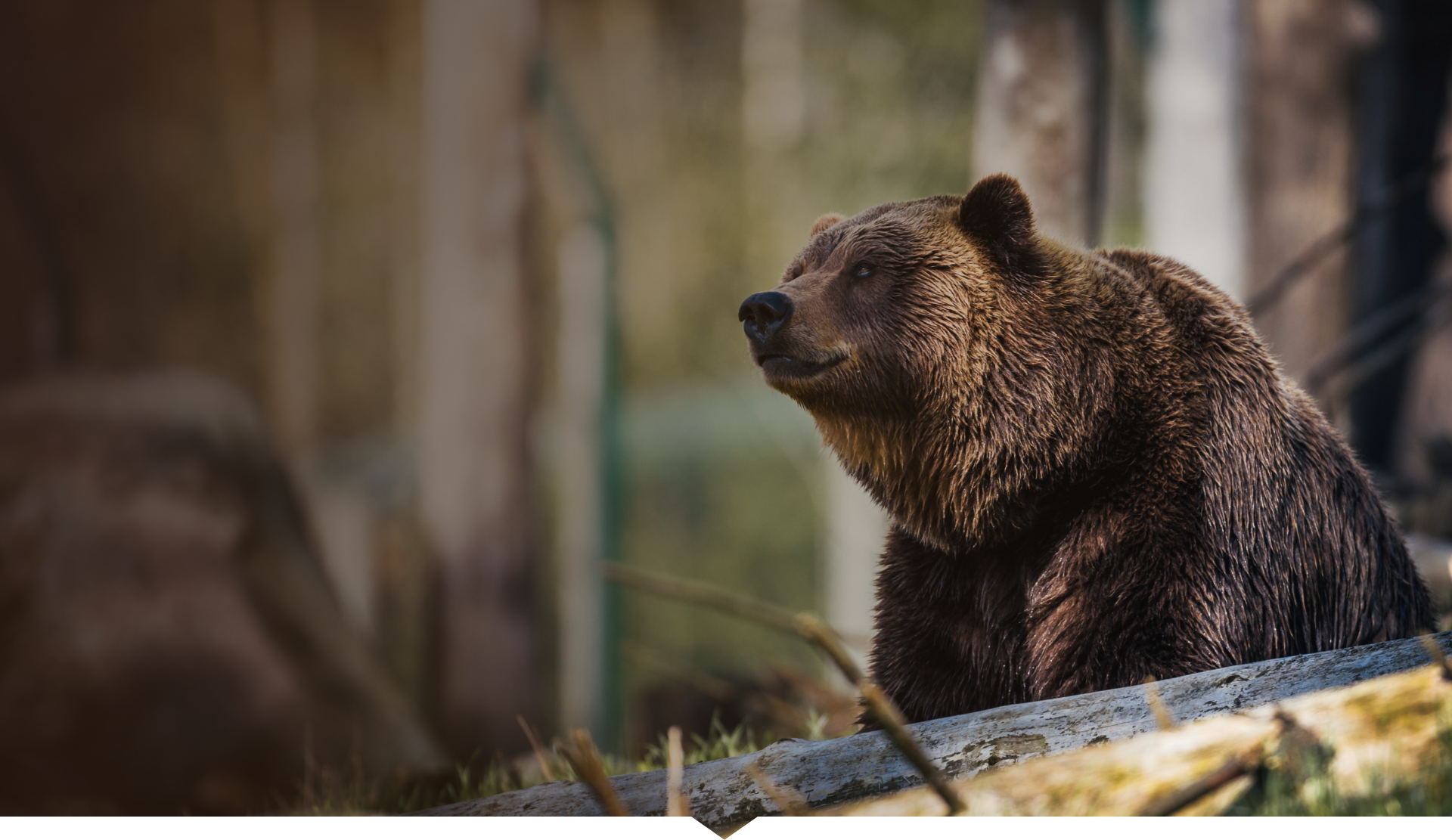The number of bears in farms supplying the widespread and expanding bile extraction industry in Lao PDR has tripled in recent years, with strong evidence the animals are illegally sourced from the wild, a new study published in Oryx finds. According to credible records, the number of captive bears in the farms increased from around 40 in 2008 to 122 animals by 2012. There was no evidence of breeding facilities at any of the locations. The study also documented an increase in the number of bear farms in Lao PDR, with the first appearing in 2000 and the number rising to 11 by 2012.
The lack of bear breeding facilities, together with an absence of paperwork to show legal procurement of the bears led to the conclusion that bear farms in Lao PDR are acquiring and keeping bears illegally, with some facility owners even admitting as much to the report’s authors, independent researcher, Emily Livingstone and TRAFFIC’s Chris R. Shepherd. The increase in bile farms and number of captive bears coincides with a rapid increase in the price for wild sourced bear bile and bear cubs, say the authors.
According to their study, Bear farms in Lao PDR expand illegally and fail to conserve wild bears, if allowed to continue, “…this industry is likely to contribute to the decline of national wild bear populations by further stimulating the market for wild bear bile and increasing the incentive to poach wild bears.” The hunting, capture and possession of wild bears and the removal and trade in their bile and other parts is illegal under national legislation, while international trade in wild bears and their parts for commercial purposes is prohibited under the Convention on International Trade in Endangered Species of Wild Fauna and Flora (CITES).
Lao’s Wildlife and Aquatic Law, 2007 allows trade in second generation captive-bred bears and parts thereof within the country, but poor monitoring and record keeping of bears in bile extraction facilities allows this provision to be used as a loophole by farmers hiding the illegality of their operations. The study highlights the discovery that most, if not all, facilities illegally acquire live bears and trade in bile and other parts. The low likelihood of being punished, together with the high potential for profit making and rising market prices for bear parts have all encouraged the poaching of wild animals, according to the study.
The study recommends the closure of all illegal bile extraction facilities in Lao PDR and closer co-operation with the main bear bile consumer countries to halt smuggling, echoing a motion passed at the 2012 IUCN World Conservation Congress in Korea that encouraged range State governments to close down illegal farms as soon as possible and to take increased measures to ensure that no more bears from the wild enter farms. The Congress also recommended that “Parties to CITES fully implement legislation to prevent illegal international trade in Asiatic Black Bears and Sun Bears and their parts and derivatives, and promote greater public awareness of these issues.”
“The open and ongoing bear bile trade involving Lao PDR clearly illustrates the failure of the Laotian and other governments in the region to comply with and enforce the rules of CITES,” said Dr Chris R. Shepherd, Regional Director of TRAFFIC in Southeast Asia. Currently, few countries even have adequate CITES legislation in place, which seriously undermines the effectiveness of the Convention. “The Government of Lao PDR needs to lead the way in ending the illegal bear bile trade through effective implementation and enforcement of CITES regulations and national legislation,” said Shepherd.
The Abstract of Bear farms in Lao PDR expand illegally and fail to conserve wild bears is available at: http://bit.ly/1wEXHRL
Photo: Bile extraction taking place in a Laotian bear farm, 2012 © TRAFFIC
Source: http://www.traffic.org/home/2014/10/29/new-study-raises-alarm-over-bear-bile-farming-in-lao-pdr.html


